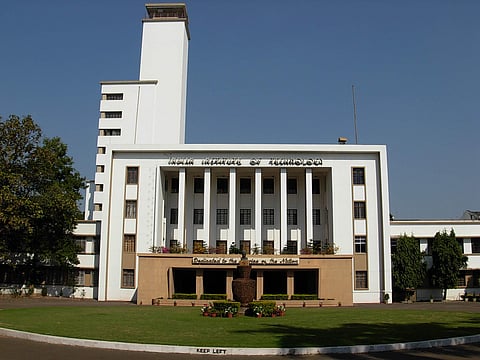IIT Kanpur researchers discover new process to grow organic vegetables at high altitudes
With extreme weather conditions in higher altitudes, there is always a problem with the cultivation and production of vegetables due to climate change. To overcome this problem the Indian Institute of Technology (IIT) Kanpur researchers have developed a solar energy-based root zone heating system and vermi-bed method for plants to thrive in higher altitude regions.
The institute officials said, "The technology for which the researchers have also been granted a patent has been developed keeping in view the scarcity of fresh vegetables or agricultural produce and the lack of effective organic waste management in high-altitude areas like the Ladakh region," as stated in a report by PTI.
In this regard, the Director of IIT Kanpur, Abhay Karandikar, said, "High altitude areas pose some crucial problems when it comes to availability of fresh produce and organic waste management, especially for our defence forces that require a good amount of fresh produce in their daily diet. Due to the climate and weather conditions, it is difficult to avail fresh produce year-long." He added, "Hence, this novel technology of root zone heating system and vermi-bed method developed by the team at our institute is a significant step towards helping especially our defence forces deployed there with fresh vegetable supply and a solution to effectively mitigate organic waste."
Briefing more about the system as per the team, a report in PTI read, greenhouse (polyhouse) plantation of vegetables is the main basic premise of the technology and a provision of the heating root zone of the plants. This root zone heating is scientifically studied and modelled by laying a network of Galvanised Iron (GI) pipes beneath the ground carrying solar-heated water and by consolidating aluminium sheet fins with the buried GI pipes to enhance the heat transfer.
Additionally, depending on the temperature of hot water flowing inside the GI pipes, the trail observed a significant temperature increase in soil — 7 degrees Celcius to 18 degrees Celcius. This rise in temperature was helpful in the faster and healthier growth of plants, as stated in a report by PTI.
Sharing her thoughts on this system, Professor at IIT Kanpur's Department of Civil Engineering, Anubha Goel, said, "Such a system in high altitude areas can better the cropping cycle to produce fresh vegetables even in winter conditions." She added, "This technology was field-tested and it provided an efficient solution producing good quality of vegetables in a protected environment and results were projected for high altitude areas where the temperature goes to -15 degrees C and below."
Commenting on the vermicomposting method to fix the issue of waste management, MTech student, Anshul Rawat said, "This technology developed a symbiotic system that not only enhances the fresh food supply in high altitude areas during winters but also provides solutions for producing nearly zero waste. The technology can assist our troops deployed in high-altitude areas by making them self-reliant, to a large extent in terms of the fresh food supply, by growing desired vegetables in a protected environment like a greenhouse with solar-operated root zone heating. At the same time, it will assist in managing the organic waste generated by maintaining high-temperature vermicomposting."
"Thus, we have a system where vegetables can be grown, and waste generated can be converted into compost, and further utilised at the same green and polyhouse to grow vegetables. This signifies a symbiotic system with an inbuilt circular economy," the MTech student added.


